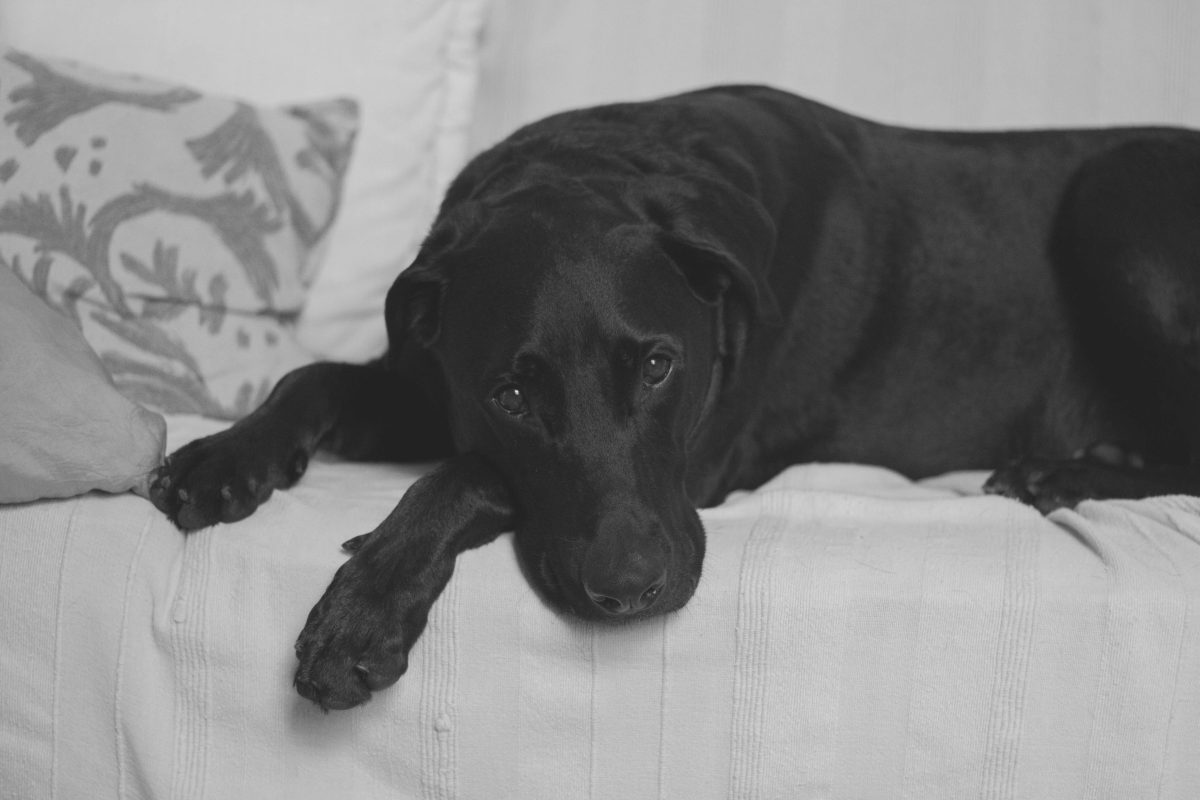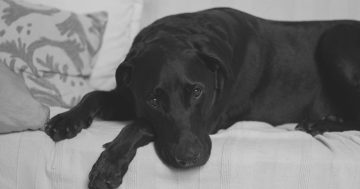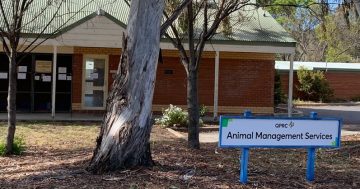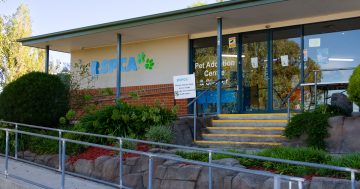
The highly contagious canine parvovirus has been found in Queanbeyan. Photo: Isabela Kronemberger/Unsplash.
A pound in south-eastern NSW has closed after detecting a virus that is potentially lethal in dogs.
In a statement posted to social media this week, a spokesperson for Queanbeyan-Palerang Regional Council (QPRC) said the facility was temporarily closed.
“We have closed our Queanbeyan Animal Management Facility for the next two weeks following a positive test for canine parvovirus in a dog that was surrendered to the facility,” the spokesperson said.
“Canine parvovirus is a serious and often fatal viral disease that impacts unvaccinated puppies and dogs.”
The pound’s closure will last until 24 October, giving staff time to clean the facility and test other dogs present.
“Members of the community who have adopted a new dog in the past few days or have collected a roaming dog from the facility have been contacted,” the spokesperson said.
Gungahlin Vet Hospital director Dr Michael Hayward told Region the closure was not unexpected.
“They need to keep the dogs isolated well past the incubation period – so if the dog gets to 14 days and is still well, that dog is safe and healthy,” he said.
“They will also be scrubbing every surface with special chemicals.”
If a dog contracts the virus or is suspected to have it, owners should call their vet immediately and follow their instructions.
“For the individual dog, it’s a really, really serious disease. The fatality rate for cases is high,” Dr Hayward said.
“These dogs have severe gastrointestinal upset and diarrhea (sometimes including blood) and they get really, really sick.
“They’ll need to be admitted into hospital and have intravenous fluids and have other interventions and drugs [administered] to see them through.
“Parvovirus just makes dogs so miserable.”
Dr Hayward said vaccination was “far and away” the easiest way to prevent the contraction and spread of the virus, which is spread from dog to dog as they have contact with each other’s faeces.
“The chances of a vaccinated dog coming down with parvovirus are tiny,” he said.
“The vaccines are very effective and the dogs don’t get sick with parvovirus at all.”
Dr Hayward said puppies should be vaccinated at six weeks, with one or two doses following (depending on the brand used by a vet).
These should be followed by booster vaccines each year or every three years, again depending on the brand.
Dr Hayward said vaccination was key even when cases of parvovirus weren’t known in a community.
“This is a virus which is highly resistant in the environment and can survive in the soil for 12 months or longer,” he said.
“There is a risk from a dog who has had parvovirus and is currently sick or recovering passing the virus on in their faeces left in their community somewhere.
“There may be no evidence of the faeces, but the virus can still be there [in the environment].”
The Queanbeyan Animal Management Facility can be contacted by calling 02 6285 6269 or emailing animalinfo@qprc.nsw.gov.au.
Further information on canine parvovirus can be found on the RSPCA NSW website.
Original Article published by Claire Sams on About Regional.















